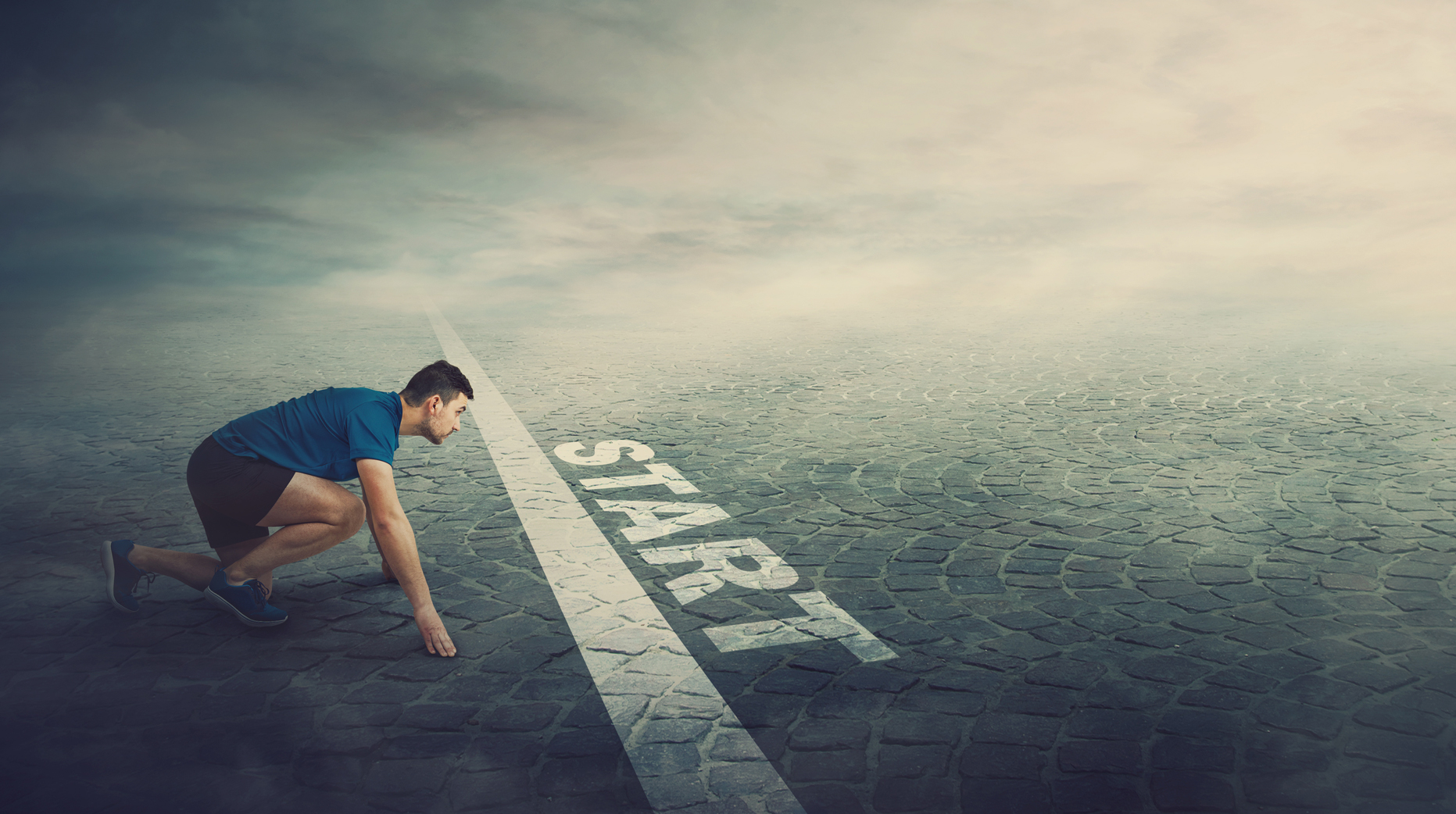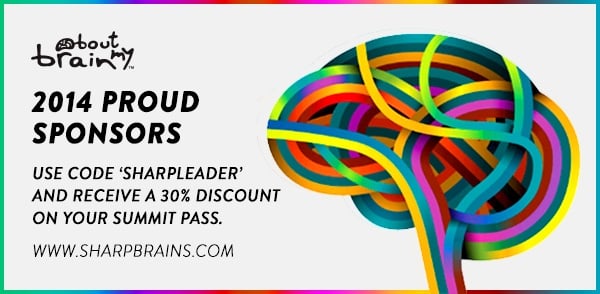What Is A Belief?
A belief is something that you believe or accept as true. You might believe something based on a fact, an opinion or an assumption. When you believe something you might not have immediate personal knowledge but you are satisfied that something is the way it is.
Your belief system is not necessarily correct or accurate. Interestingly, not only are you driven by your beliefs, you will unconsciously look for evidence, or other experiences that will confirm and reinforce your beliefs as you don’t want to be wrong. Your beliefs are often your perception of the way things are and what you believe to be true. But this does not mean that your belief is actually true.
As Larry Harvey says,
‘Beliefs are thoughts at rest’.
In other words, when you believe something to be true you will rarely question or think about the validity of that belief.
You form your beliefs from a very early age. These beliefs are based on your environment; what you were told, what you heard as well as what you observed and experienced. Your beliefs are also the conclusions you draw from these experienced. You form beliefs about yourself, about others and the world around you.
People hang onto their beliefs even if they are limiting or fly in the face of evidence to the contrary. This is why it is so hard to logically reason with those who hold strong beliefs based on a ‘feeling of knowing’ rather than evidenced based logic and scientific proof.
On some level, people might know their beliefs do not make sense and are contrary to all evidence, but as the latest research in neuroscience tells us, beliefs that are not consciously and deliberately challenged will always win out over evidenced based logic and reality.
You create your beliefs consciously as well as unconsciously and you hold them dear. You will also try to reinforce your beliefs constantly (unconsciously and consciously). Why? Your beliefs fulfil part of your safety needs. Your brain needs to have beliefs in order to feel safe. You have created a whole system of beliefs that have formed your map of your inner and outer world. Without your map you are likely to feel lost.
This map is called your belief system, a system that guides you in your everyday functioning. As Johann Wolfgang van Goethe said ‘Man is made by his belief. As he believes, so he is’. You don’t want to contradict yourself or prove yourself wrong. Why would you want to admit you are using the wrong map? So you will defend your map of both your inner and outer world.
Beliefs - a help or a hindrance?
Here is the problem. As Frank Lloyd Wright says ‘The thing always happens that you really believe in; and the belief in a thing makes it happen’.
Your belief system (your map) is often strongly influenced by other people’s opinions and prejudices. The formation of your map was more than likely unconscious and without deliberation. So what if your map is sending you in the wrong direction or a direction that you don’t really want to go? Or your map doesn’t align with your needs, values and desires?
That is why it is of utmost importance that you challenge and update your beliefs often to ensure your map supports and guides you in the direction you want to go. Re-examining and reinterpreting the experiences that created your belief system, especially negative ones, is essential if you want to change your beliefs.
Re-examine your limiting and negatives beliefs and ask yourself:
- Where does this belief come from?
- Is this my belief or have I adopted it from someone else?
- How does this belief help me?
- How does this belief hinder me?
- How do I know this belief is true?
- What is my new and updated belief?
Warning - the brain resists change. It takes the brain between 30 – 60 days to get use to a new situation, or in this case a new belief. If you regress during that time you often have to start again. Your results are often determined by the beliefs you hold. Create a map of design, not default. It is never too early or too late to start making positive changes in your life.
- i4 Neuroleader (353)
- Leadership & Culture (337)
- Brain Health & Wellbeing (206)
- Innovation (97)
- Performance (85)
- Our News (79)
- Collaboration (68)
- Agility (53)
- Practitioner Stories (44)
- In The Press (36)
- Make Me A Leader (33)
- Balance (31)
- Integration (30)
- Imagination (29)
- Awareness (23)
- Brain-Friendly Channel (22)
- Brain-Friendly Leadership (22)
- Communication (22)
- Curiosity (21)
- Inspiration (19)
- Intuition (19)
- Attitude (17)
- Courage (16)
- Adaptability (14)
- Case Studies (14)
- Drive (14)
- Generosity (13)
- Ethics (9)
- Mental Readiness (9)
- Influence (8)
- Retreat (8)
- Brain-Friendly Leadership (1)
- Oracle Cards (1)
- 1 February 2026 (1)
- 1 November 2025 (2)
- 1 September 2025 (3)
- 1 August 2025 (5)
- 1 July 2025 (5)
- 1 June 2025 (2)
- 1 April 2025 (1)
- 1 March 2025 (8)
- 1 February 2025 (3)
- 1 September 2024 (4)
- 1 July 2024 (2)
- 1 June 2024 (6)
- 1 May 2024 (2)
- 1 April 2024 (3)
- 1 March 2024 (1)
- 1 November 2023 (1)
- 1 August 2023 (1)
- 1 July 2023 (2)
- 1 June 2023 (2)
- 1 May 2023 (4)
- 1 April 2023 (2)
- 1 March 2023 (7)
- 1 February 2023 (4)
- 1 January 2023 (1)
- 1 September 2022 (1)
- 1 May 2022 (3)
- 1 April 2022 (1)
- 1 March 2022 (5)
- 1 February 2022 (4)
- 1 January 2022 (4)
- 1 December 2021 (2)
- 1 November 2021 (4)
- 1 October 2021 (3)
- 1 September 2021 (6)
- 1 August 2021 (1)
- 1 April 2021 (1)
- 1 December 2020 (2)
- 1 November 2020 (1)
- 1 September 2020 (1)
- 1 August 2020 (1)
- 1 July 2020 (3)
- 1 June 2020 (4)
- 1 May 2020 (3)
- 1 April 2020 (4)
- 1 March 2020 (6)
- 1 February 2020 (4)
- 1 January 2020 (2)
- 1 December 2019 (3)
- 1 November 2019 (3)
- 1 October 2019 (5)
- 1 September 2019 (4)
- 1 August 2019 (4)
- 1 July 2019 (4)
- 1 June 2019 (5)
- 1 May 2019 (9)
- 1 April 2019 (9)
- 1 March 2019 (8)
- 1 February 2019 (7)
- 1 January 2019 (8)
- 1 December 2018 (5)
- 1 November 2018 (10)
- 1 October 2018 (16)
- 1 September 2018 (9)
- 1 August 2018 (10)
- 1 July 2018 (9)
- 1 June 2018 (8)
- 1 May 2018 (9)
- 1 April 2018 (9)
- 1 March 2018 (9)
- 1 February 2018 (8)
- 1 January 2018 (8)
- 1 December 2017 (6)
- 1 November 2017 (9)
- 1 October 2017 (9)
- 1 September 2017 (8)
- 1 August 2017 (10)
- 1 July 2017 (8)
- 1 June 2017 (8)
- 1 May 2017 (9)
- 1 April 2017 (8)
- 1 March 2017 (6)
- 1 January 2017 (3)
- 1 December 2016 (4)
- 1 November 2016 (5)
- 1 October 2016 (4)
- 1 September 2016 (2)
- 1 August 2016 (4)
- 1 July 2016 (4)
- 1 June 2016 (2)
- 1 May 2016 (3)
- 1 April 2016 (3)
- 1 March 2016 (7)
- 1 February 2016 (2)
- 1 January 2016 (5)
- 1 December 2015 (2)
- 1 November 2015 (2)
- 1 October 2015 (4)
- 1 September 2015 (2)
- 1 August 2015 (2)
- 1 July 2015 (1)
- 1 June 2015 (3)
- 1 May 2015 (4)
- 1 April 2015 (5)
- 1 March 2015 (3)
- 1 February 2015 (3)
- 1 January 2015 (3)
- 1 December 2014 (3)
- 1 November 2014 (3)
- 1 October 2014 (3)
- 1 September 2014 (5)
- 1 August 2014 (4)
- 1 July 2014 (5)
- 1 June 2014 (3)
- 1 May 2014 (1)
- 1 March 2014 (1)
- 1 December 2013 (2)
- 1 November 2013 (1)
- 1 July 2013 (1)
- 1 June 2013 (1)
- 1 May 2013 (3)
- 1 April 2013 (1)
- 1 March 2013 (2)
- 1 February 2013 (1)
- 1 January 2013 (2)
- 1 November 2012 (1)
- 1 October 2012 (1)
- 1 September 2012 (1)
- 1 August 2012 (2)
- 1 July 2012 (1)
- 1 June 2012 (1)
- 1 May 2012 (2)
- 1 April 2012 (1)
- 1 February 2012 (1)
- 1 January 2012 (1)
- 1 November 2011 (1)
- 1 October 2011 (3)
- 1 September 2011 (2)
- 1 July 2011 (1)
- 1 June 2011 (1)
- 1 May 2011 (1)
- 1 April 2011 (1)
- 1 March 2011 (1)
- 1 February 2011 (2)
- 1 January 2011 (4)
- 1 December 2010 (4)
- 1 November 2010 (3)
- 1 October 2010 (5)
- 1 September 2010 (4)
- 1 August 2010 (4)
- 1 July 2010 (3)
- 1 June 2010 (4)
- 1 May 2010 (7)
- 1 April 2010 (5)
Subscribe by email
You May Also Like
These Related Stories

Are Leaders Born Or Made?

Why Not Democratise Neuroscience?



Comments (5)